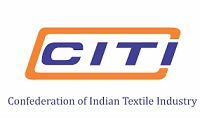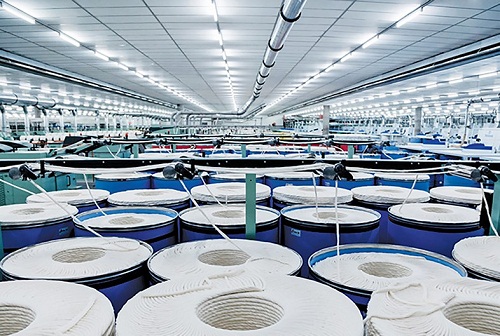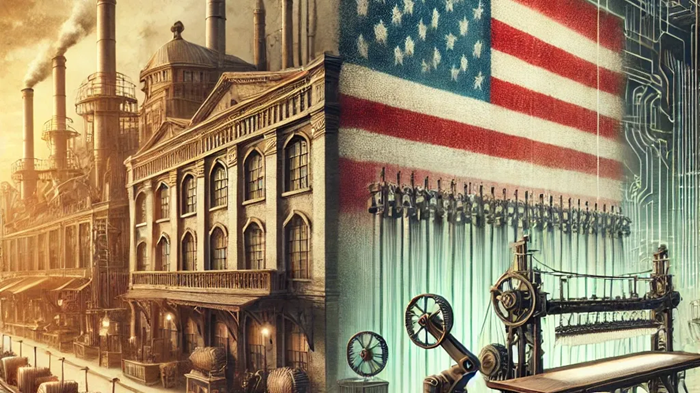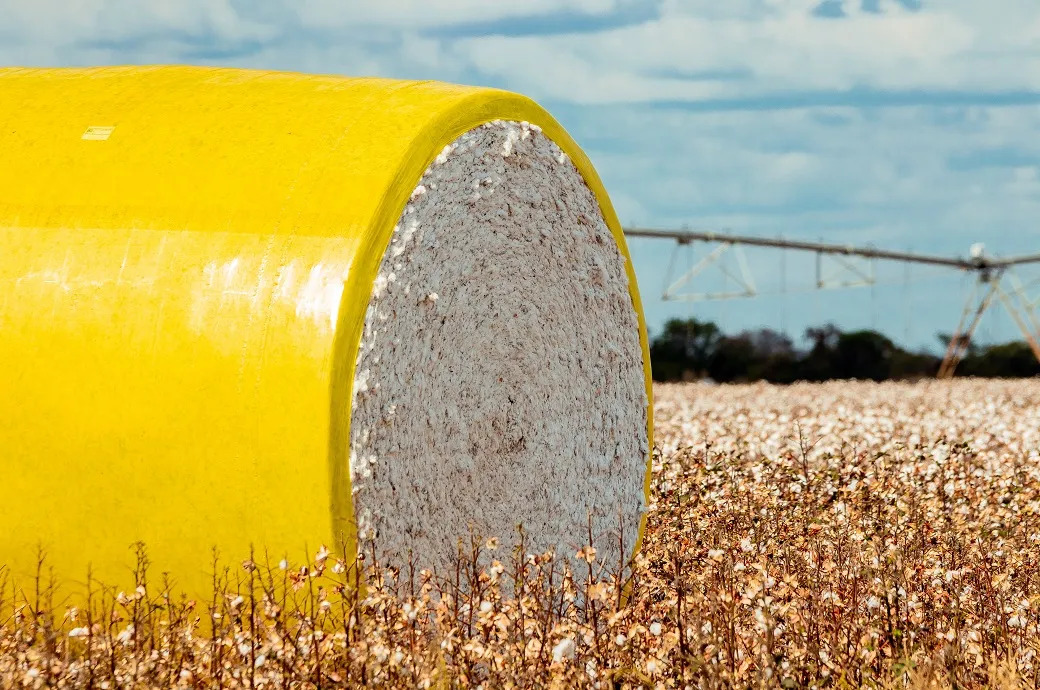 Focus on the value added MMF segment, technical textiles and manufacturing of indigenous textile machines, urged Ravi Capoor, IAS, Secretary, Ministry of Textiles at the 62nd Annual General Meeting (AGM) of Confederation of Indian Textile Industry (CITI) held in New Delhi on September 30, 2020. The meeting was inaugurated by T Rajkumar, Chairman, CITI who appreciated the historical reforms introduced in taxation, foreign trade policy, power, labor, MSME eligibility criteria, etc. He also appealed for a special package to boost cotton consumption in the country. T Rajkumar, Chairman, Sri Mahasakthi Mills was re-elected as Chairman, CITI while S K Kandelia, President & CEO, Sutlej Textiles and Industries was elected as Deputy Chairman. RL Nolkha, Chairman, Nitin Spinners was elected as the new Vice-Chairman.
Focus on the value added MMF segment, technical textiles and manufacturing of indigenous textile machines, urged Ravi Capoor, IAS, Secretary, Ministry of Textiles at the 62nd Annual General Meeting (AGM) of Confederation of Indian Textile Industry (CITI) held in New Delhi on September 30, 2020. The meeting was inaugurated by T Rajkumar, Chairman, CITI who appreciated the historical reforms introduced in taxation, foreign trade policy, power, labor, MSME eligibility criteria, etc. He also appealed for a special package to boost cotton consumption in the country. T Rajkumar, Chairman, Sri Mahasakthi Mills was re-elected as Chairman, CITI while S K Kandelia, President & CEO, Sutlej Textiles and Industries was elected as Deputy Chairman. RL Nolkha, Chairman, Nitin Spinners was elected as the new Vice-Chairman.
More investments and long term contract farming
Citing a study conducted by the central government, Capoor said the share of MMF based textiles and clothing products is likely to go up 80 per cent by 2030 while the share of cotton segment may decline to 20 per cent. To meet growing demand for MMF, spinning companies should enter into long term contract farming for Extra Long Staple (ELS) cotton, advised Capoor. The industry should also focus on specialty cotton like organic and colored cotton.
2030 while the share of cotton segment may decline to 20 per cent. To meet growing demand for MMF, spinning companies should enter into long term contract farming for Extra Long Staple (ELS) cotton, advised Capoor. The industry should also focus on specialty cotton like organic and colored cotton.
Capoor advised the industry to use the MSME segment to cater to the low value-added markets in the domestic sector and make huge investments in the forward and backward integration, and Greenfield projects. He also recommended the use of two government schemes in this venture; Mega Textile Park and National Textile Fund.
Extend loan moratorium for two-years
Capoor said, the government has quite bold to introduce historical tax reforms like the implementation of GST, reduction of basic customs duty, removal of anti-dumping duty on all basic raw materials, including PTA, rejection of the proposed anti-dumping duty on several products and introduction of four Labor Codes in place of 44 Labor Legislations. He opined that New Labor Codes would facilitate new investments in the sector besides benefiting its employees.
The government also plans to extend a special export package for top 40 MMF HS lines and 10 technical textiles HS lines, informed Capoor. He appreciated CITI for interacting with the Government on various policy matters, creating a National Committee on Textiles & Clothing (NCTC) and a common platform to enable the Government to get the industry’s demand in a single voice. He advised stakeholders against making conflicting and contradicting demands that might harm the entire textile value chain in the long run. Capoor also hailed the financial relief packages announced for MSME and non-MSMEs. However, he recommended a two years’ moratorium period for all loans and extension of the relief package for all units irrespective of their status of accounts.












